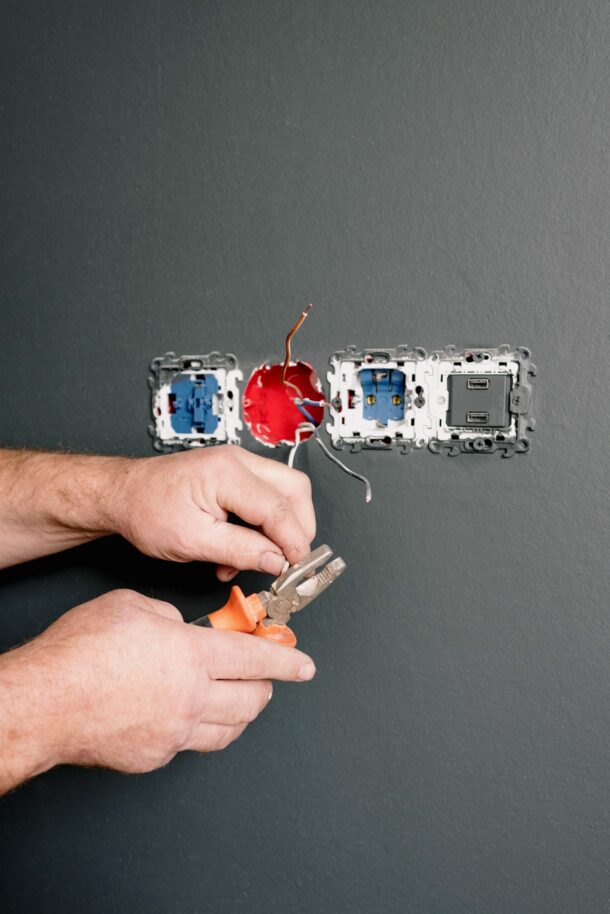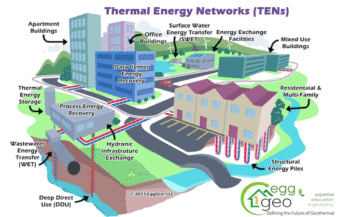When it comes to electrical work in either residential or commercial settings, it is imperative to ensure that every aspect of the job is carried out with precision and safety as the top priorities. There are simply too many potential hazards and risks involved in working with electricity that must be approached with the utmost care and attention to detail. At the same time, it is essential to maximize efficiency and productivity to minimize the impact of any electrical work on daily activities or operations. Achieving the perfect balance between safety and efficiency in electrical work requires the highest standards of quality and expertise from both the electricians and the materials used in every project.
From understanding the importance of proper planning and communication to utilizing the latest tools and techniques available, every step of the process must be carefully considered and executed with skill and precision. Also, electrical installation should be done using only the highest quality components and materials that meet necessary safety requirements. This ensures that all wiring, fixtures, and other components are up to code and operate as expected for a long time.

Understanding the Importance of Quality Materials and Workmanship
When it comes to electrical systems, using inferior materials or not following proper techniques can result in serious safety hazards and costly repairs down the line. Quality materials and workmanship can help ensure that electrical systems are installed and maintained correctly, reducing the likelihood of potential hazards like shocks, fires, and power outages. Additionally, using quality materials and workmanship can improve the overall efficiency and performance of electrical systems, reducing energy waste and potentially saving businesses money on utility costs over time.
Examining the Advantages of Engaging a Qualified Electrician
Engaging a qualified electrician has numerous advantages, including ensuring the safety and efficiency of your electrical system. Qualified electricians are well-trained and skilled to handle all electrical issues and can easily identify potential hazards that an untrained individual may overlook. They also understand and follow all safety procedures, codes, and regulations in place to ensure that electrical work is done safely and correctly. Furthermore, hiring a licensed electrician ensures that the work done is in compliance with electrical codes and regulations, giving you peace of mind and avoiding penalties or fines for non-compliance.
Taking Steps to Prevent Common Electrical Hazards
Shoddy wiring can cause a fire or electric shock, leading to serious injury or death. It is vital to have a qualified and licensed electrician assess and repair any faulty wiring, as well as regularly inspect all electrical systems to ensure that they meet strict safety standards. In addition to fixing faulty wiring, there are other steps that can help prevent electrical hazards, such as regularly checking and replacing damaged cords, avoiding the use of extension cords whenever possible, and ensuring that all electrical equipment is properly grounded.
Ensuring Electrical Systems Are Functioning Optimally
This requires the expertise of licensed, experienced electricians who have a thorough understanding of electrical codes and standards. Regular inspections and maintenance are necessary to identify and address potential issues before they become major problems. This includes checking circuits for overloading or shorts, inspecting wiring for damage or corrosion, and testing circuit breakers and other safety devices.
In Conclusion
Quality electrical work is crucial for maintaining safety and efficiency in any residential or commercial property. It’s important to hire licensed and experienced electricians who can provide reliable and secure electrical solutions. Professional electrical work can also help prevent costly repairs and downtime. By prioritizing quality electrical work, property owners can ensure the safety of their residents or employees while also maximizing their energy efficiency to lower energy costs.




Join the conversation: